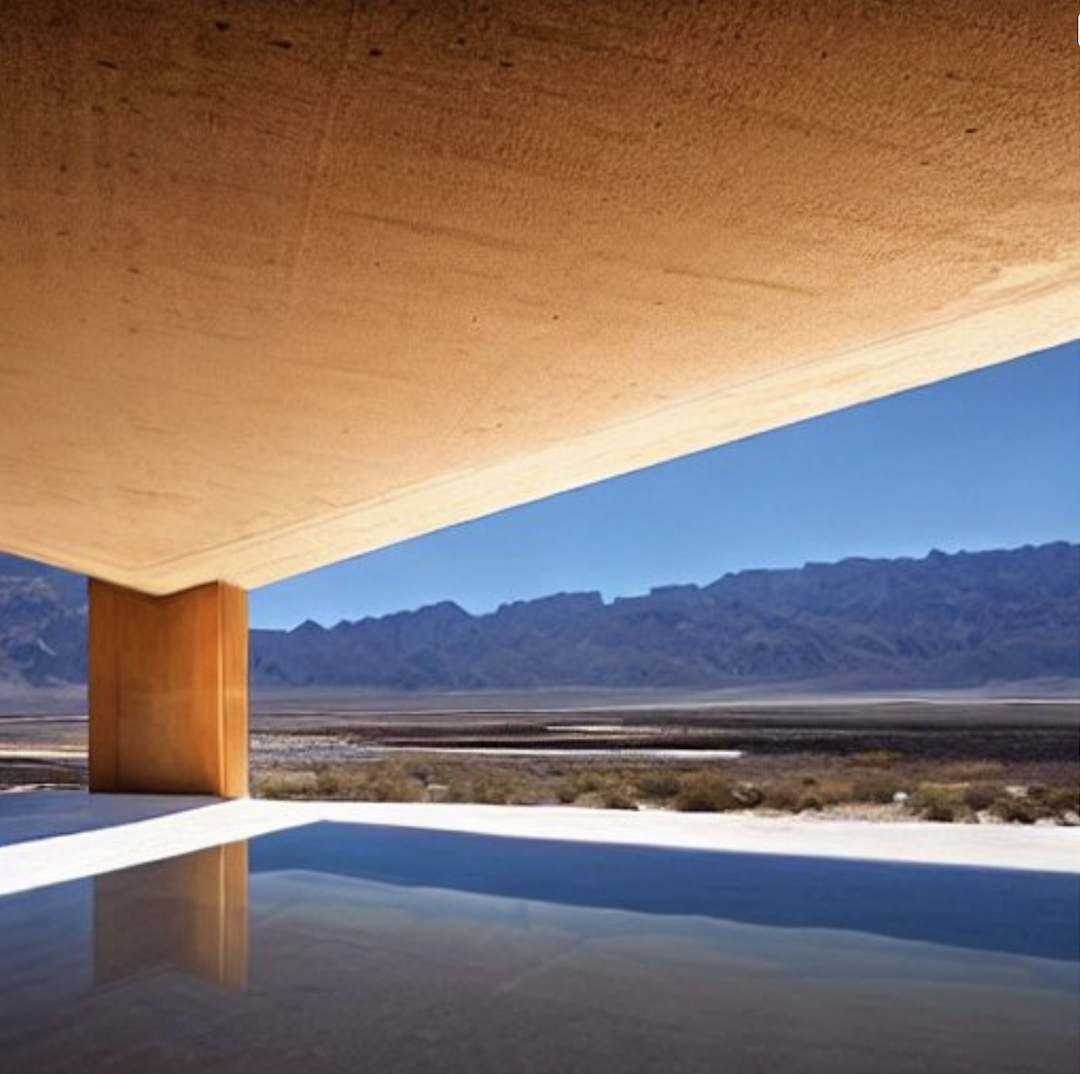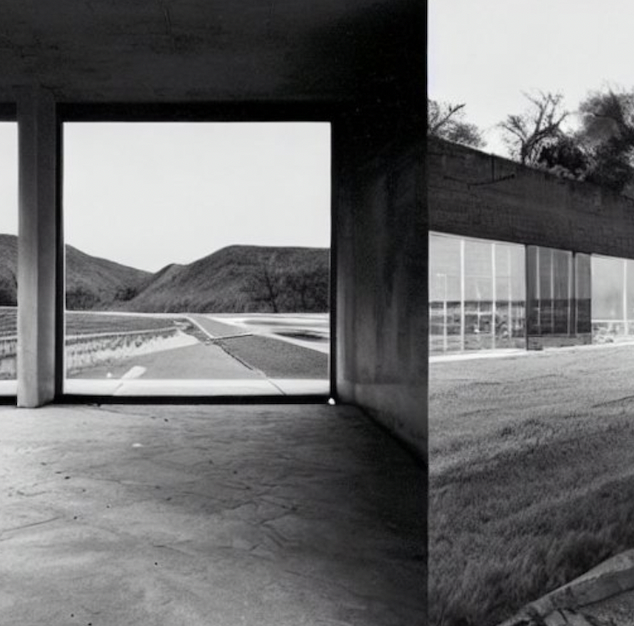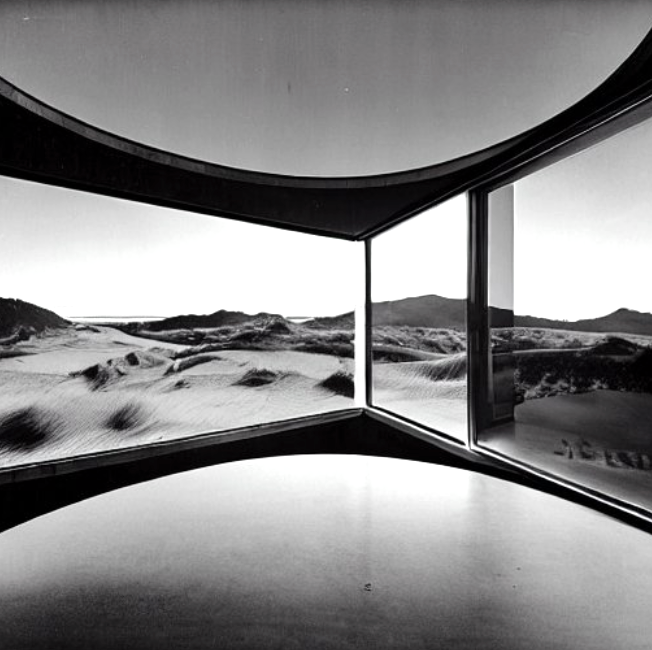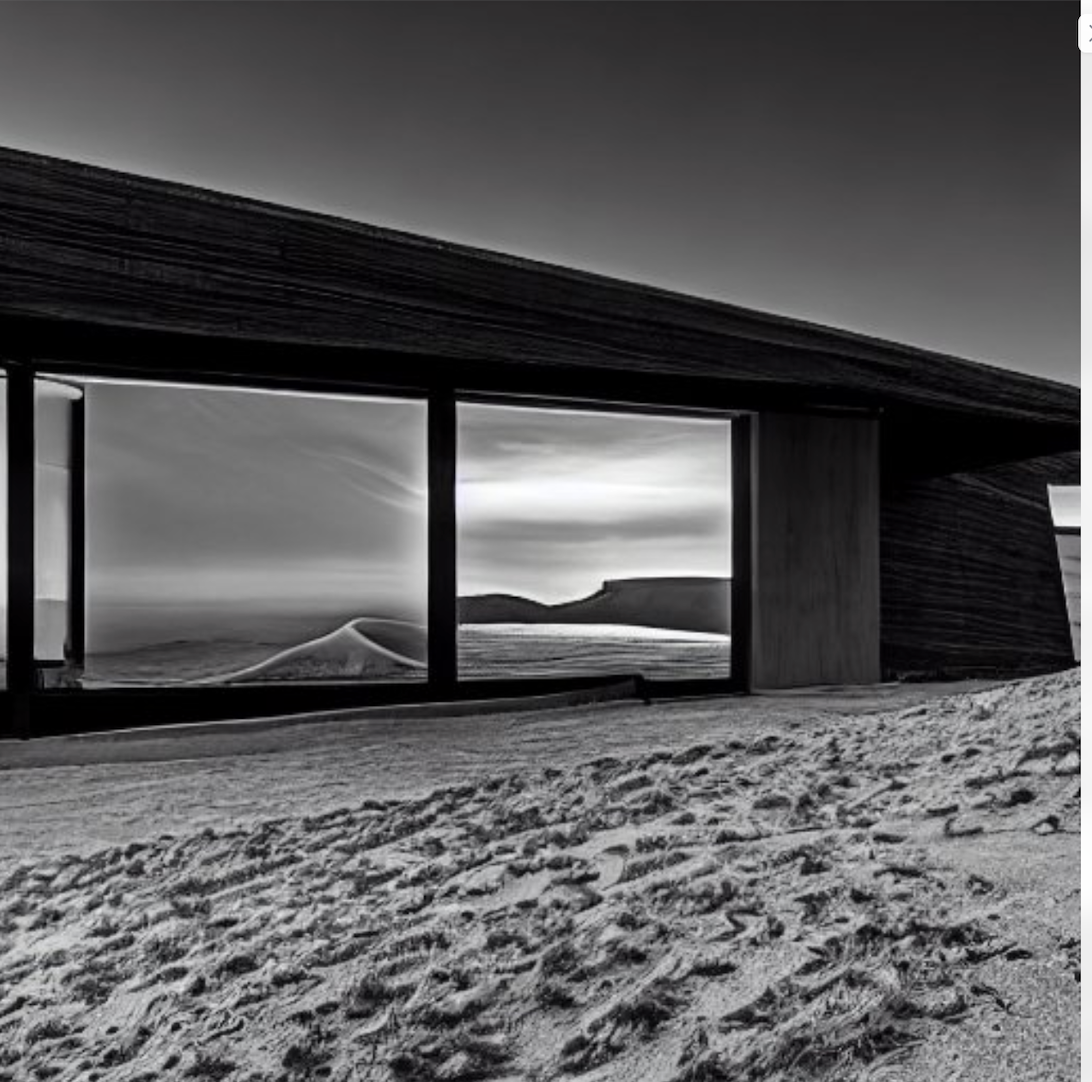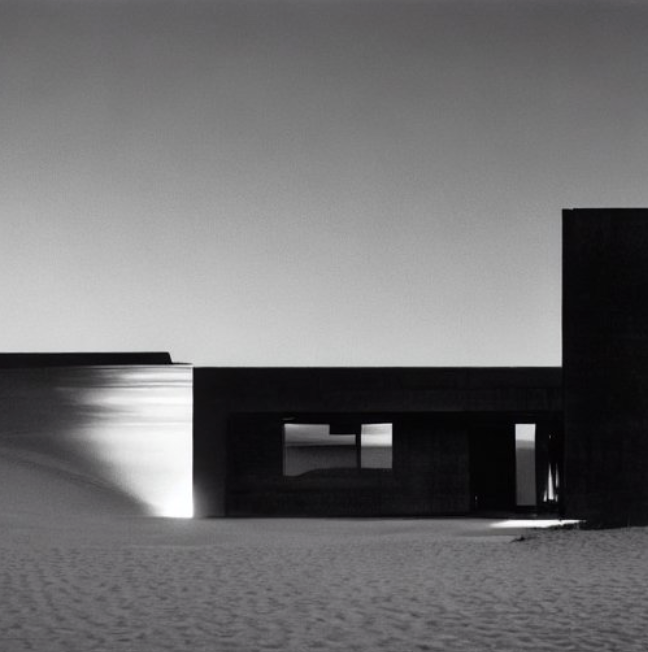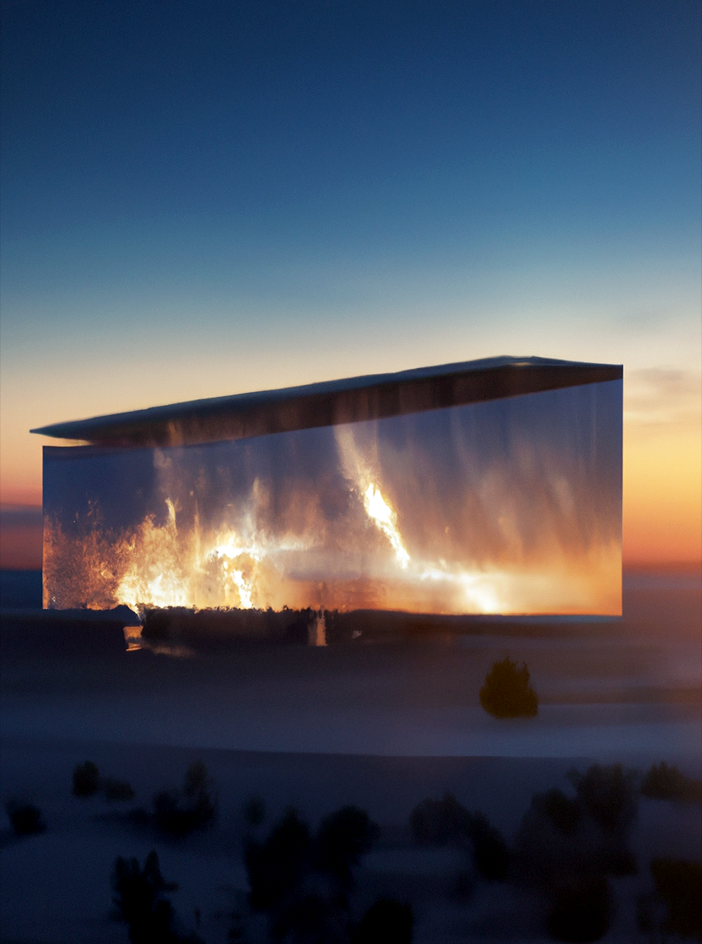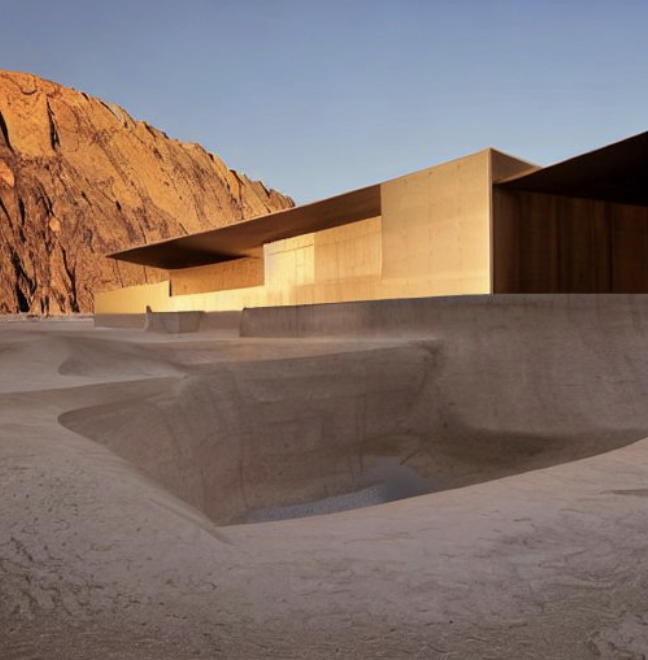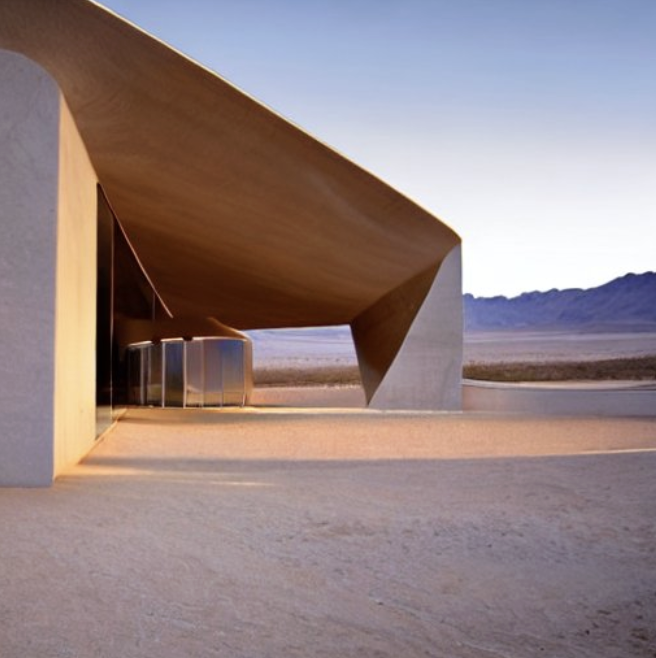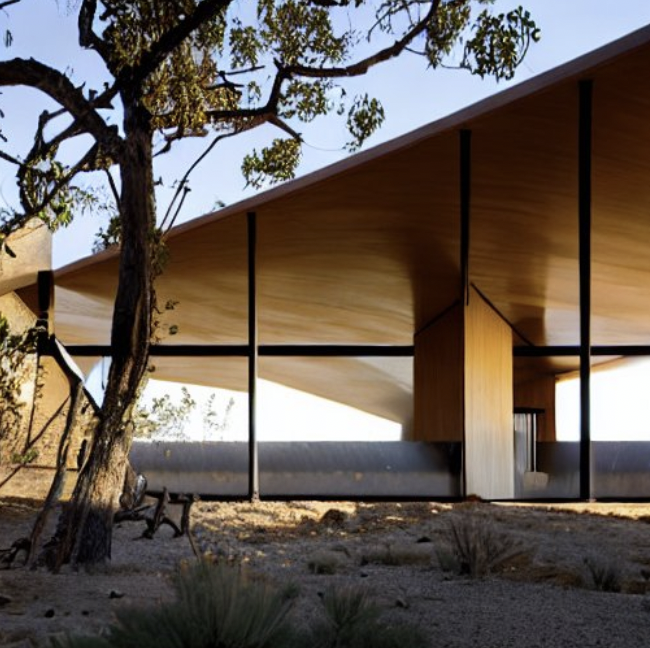The TOpography of Chance
“In this Topography of Chance, one is seduced by the infinitely generative, novel explosions of an algorithmic imaginary - one that engenders an interplay of enigmatic visual and psychological narratives. Virilio’s The Overexposed City elaborates upon a hyper-reality: the replacement of geographical space with the screen interface, the transformation of distance and depth into pure surface, the reduction of space to time, of the face-to-face encounter to the device’s screen. On this screen, duration of time is both the surface and the support armature of inscription — time literally surfaces. Here, time becomes episodic and space scattered.”
“Generative AI queries values that, in essence, represent the one-dimensionality of a world in which many of us interact today. In the globalized circulation of screened images, we believe in things knowing they have little substance. We continue to enjoy them in spite of this knowledge ... perhaps all the more so. If "style" holds the constitutive, tropological ability of architectural and spatial experiences, of our identities and of the way we relate to the world, we then choose to live an imaginary, if not fictive, life within that world - reading images as real while knowing they are simulations.
It is naive to leave these images to the whims of aesthetic juxtaposition - to a play of words - as seductive and compelling as that may be. While the incalculable power inherent in AI inspires new approaches to ideation and creative responses to ubiquitous data, information flows and algorithmic practices within architecture and as the EU recognizes, the ability to ethically harness and re-direct these technologies remains crucial to social equity, racism and climate change corollaries.”
© 2022 MAP StudioTopography of Chance, 2022
© 2022 MAP Studio, all rights reservedTopography of Chance, 2022, © MAP Studio, all rights reserved
Topography of Chance, 2022, © MAP Studio, all rights reserved
Topography of Chance, 2022, © MAP Studio, all rights reserved
Topography of Chance, 2022, © MAP Studio, all rights reserved
Topography of Chance, 2022, © MAP Studio, all rights reserved
Topography of Chance, 2022, © MAP Studio, all rights reserved
Topography of Chance, 2022, © MAP Studio, all rights reserved
Topography of Chance, 2022, © MAP Studio, all rights reserved
Topography of Chance, 2022, © MAP Studio, all rights reserved
Topography of Chance, 2022, © MAP Studio, all rights reserved
Topography of Chance, 2022, © MAP Studio, all rights reserved
Topography of Chance, 2022, © MAP Studio, all rights reserved
Topography of Chance, 2022, © MAP Studio, all rights reserved
Topography of Chance, 2022, © MAP Studio, all rights reserved
Topography of Chance, 2022, © MAP Studio, all rights reserved
Topography of Chance, 2022, © MAP Studio, all rights reserved
Topography of Chance, 2022, © MAP Studio, all rights reserved
Topography of Chance, 2022, © MAP Studio, all rights reserved
